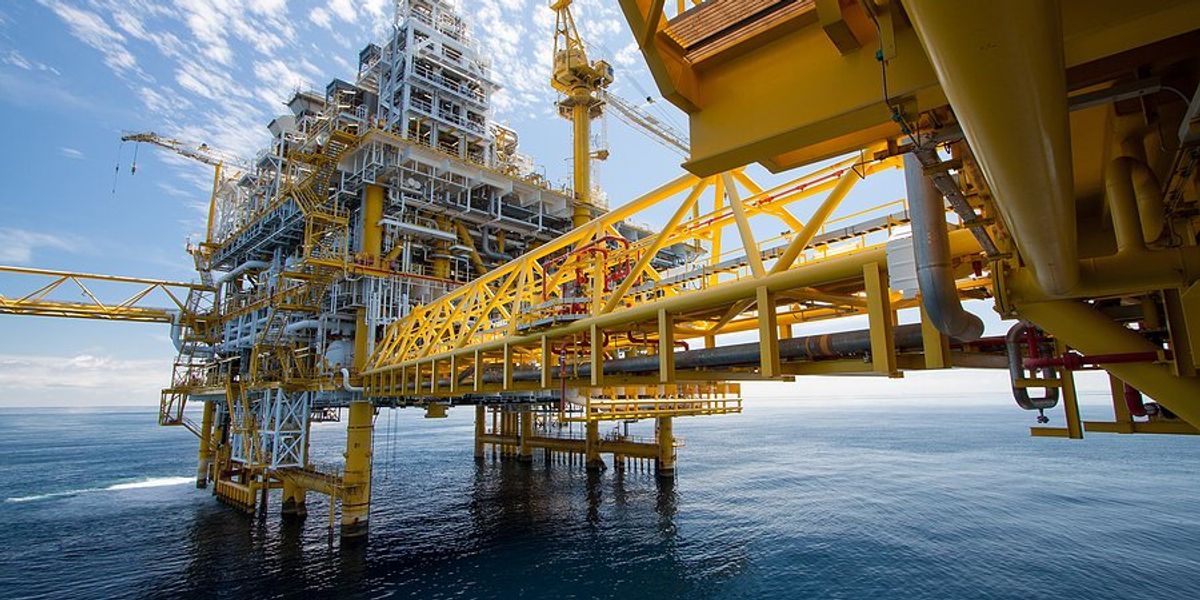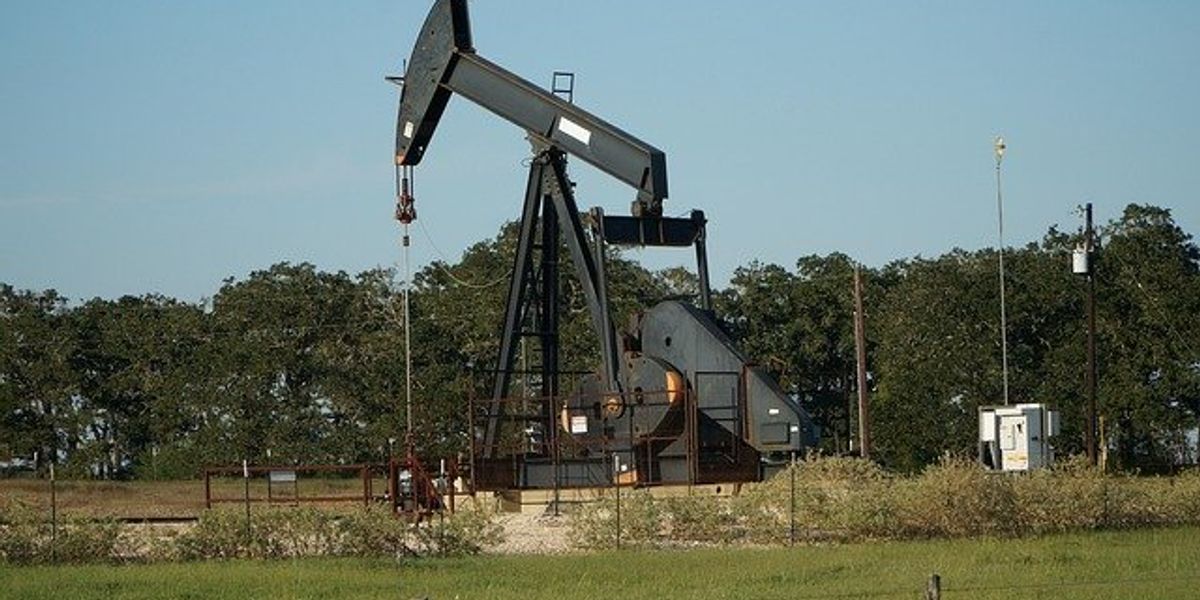
Uruguay’s green reputation at risk as oil exploration begins
Uruguay, known for its renewable energy leadership, has opened its Atlantic waters to oil exploration, sparking concerns over marine life, local fishing livelihoods and climate commitments.
Harriet Barber reports for The Guardian.
In short:
- Uruguay, which generates up to 98% of its electricity from renewables, has awarded contracts to international oil firms to explore its offshore waters, hoping to find oil reserves similar to those recently discovered in Namibia.
- Environmentalists warn that seismic surveys — using powerful underwater blasts — could harm marine ecosystems, disrupt fish populations and impact artisanal fishing communities already struggling with illegal fishing.
- Critics, including a government official, say the move contradicts Uruguay’s climate goals, while supporters argue potential oil revenues could help address economic challenges.
Key quote:
“If they go ahead, the fish will die, and those that don’t die will leave. My whole family are fishers. It will kill all our livelihoods.”
— Francisco Méndez, fisher
Why this matters:
Uruguay’s shift toward oil exploration risks damaging marine biodiversity and contradicts global efforts to phase out fossil fuels. The country, which sources nearly all of its electricity from wind, solar and hydro power, has prided itself on a transition that many nations aspire to replicate. But now, as it eyes untapped fossil fuel reserves in its territorial waters, the move is being met with scrutiny. As global leaders push for cleaner energy and reduced emissions, Uruguay’s decision underscores a broader debate: Can any country justify new oil exploration in an era of climate crisis?
Related: Uruguay's leap into renewable energy: a model for the world














